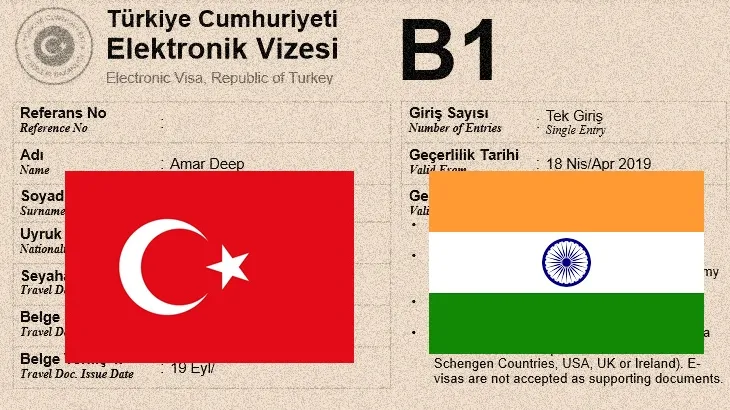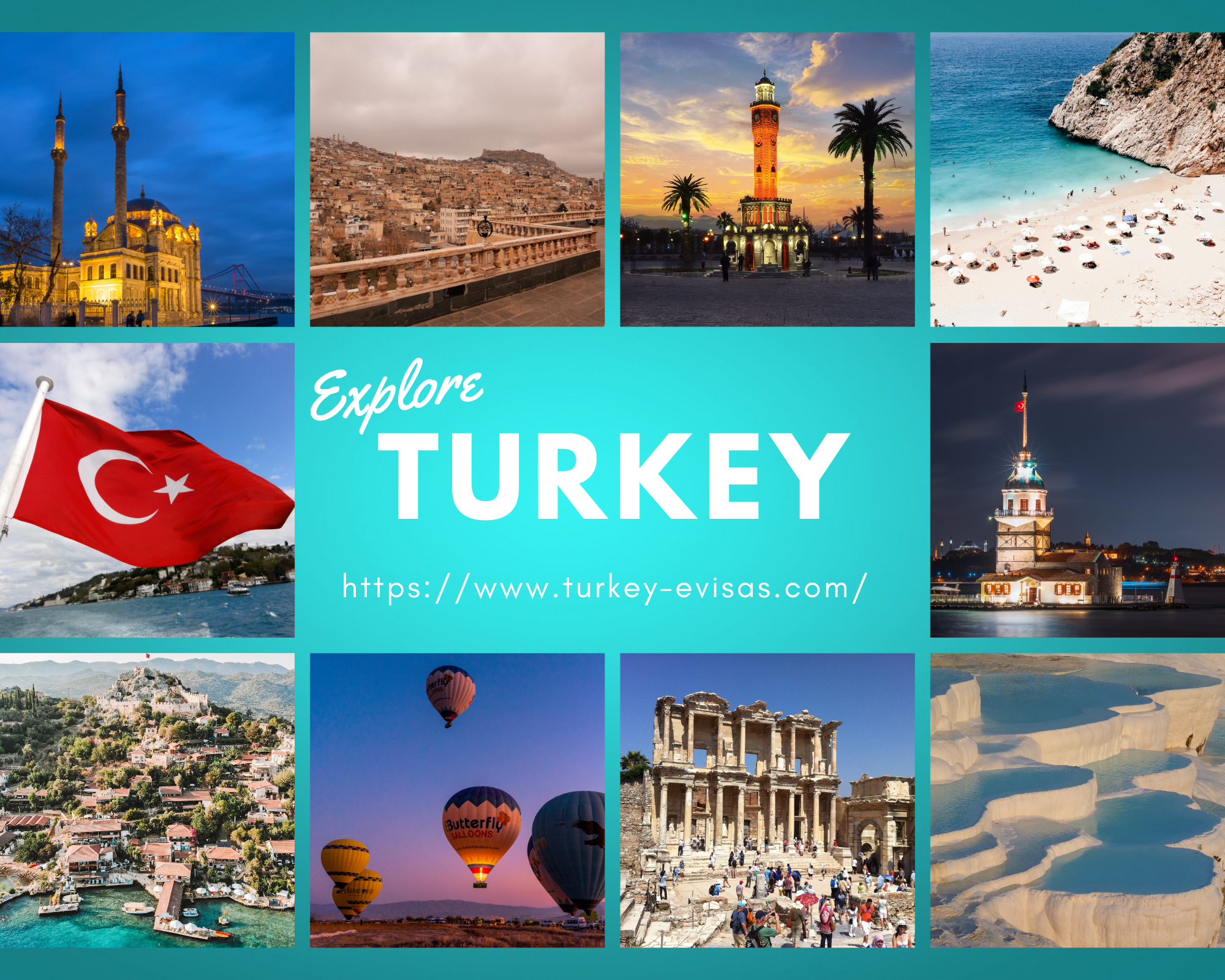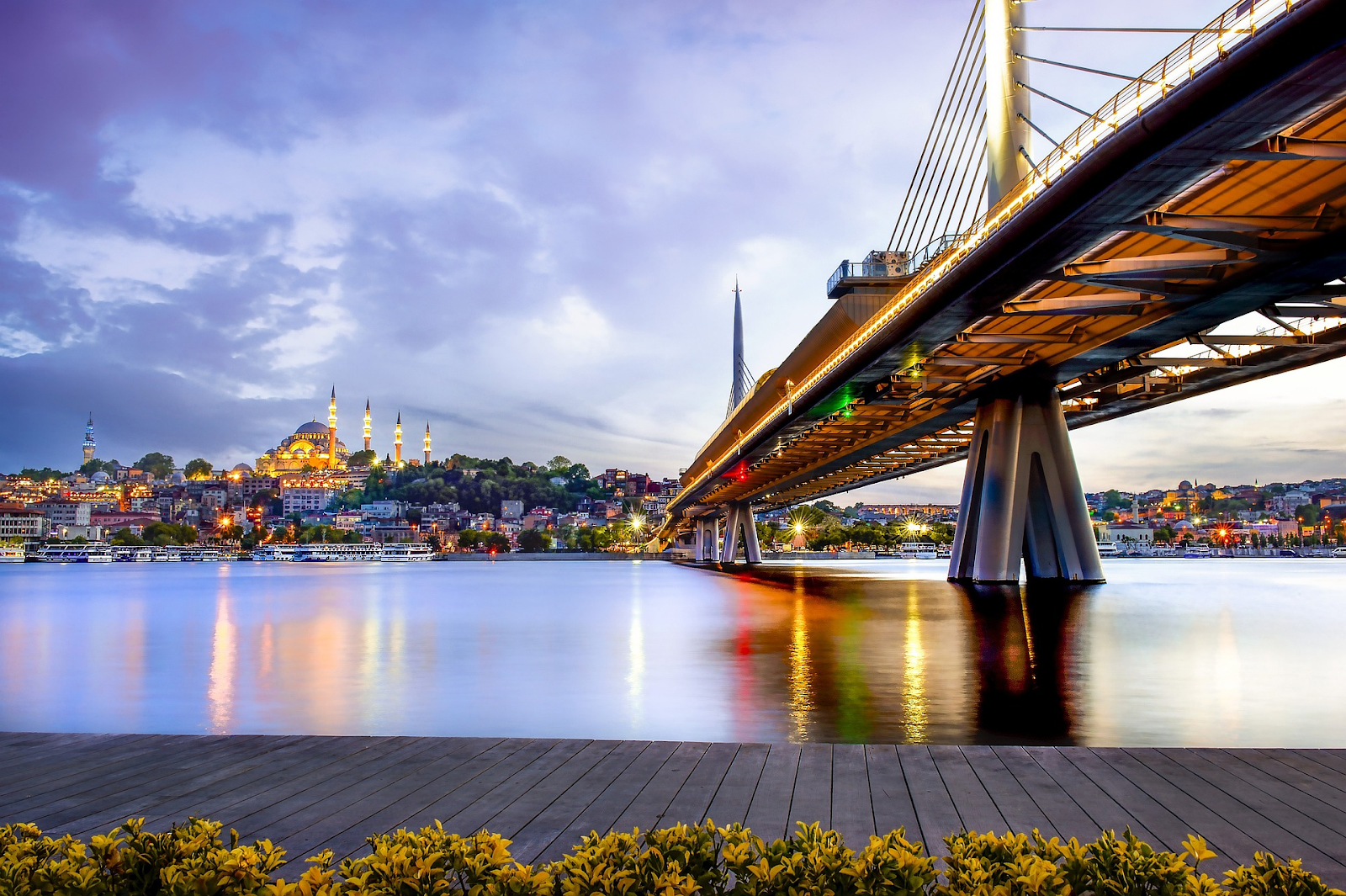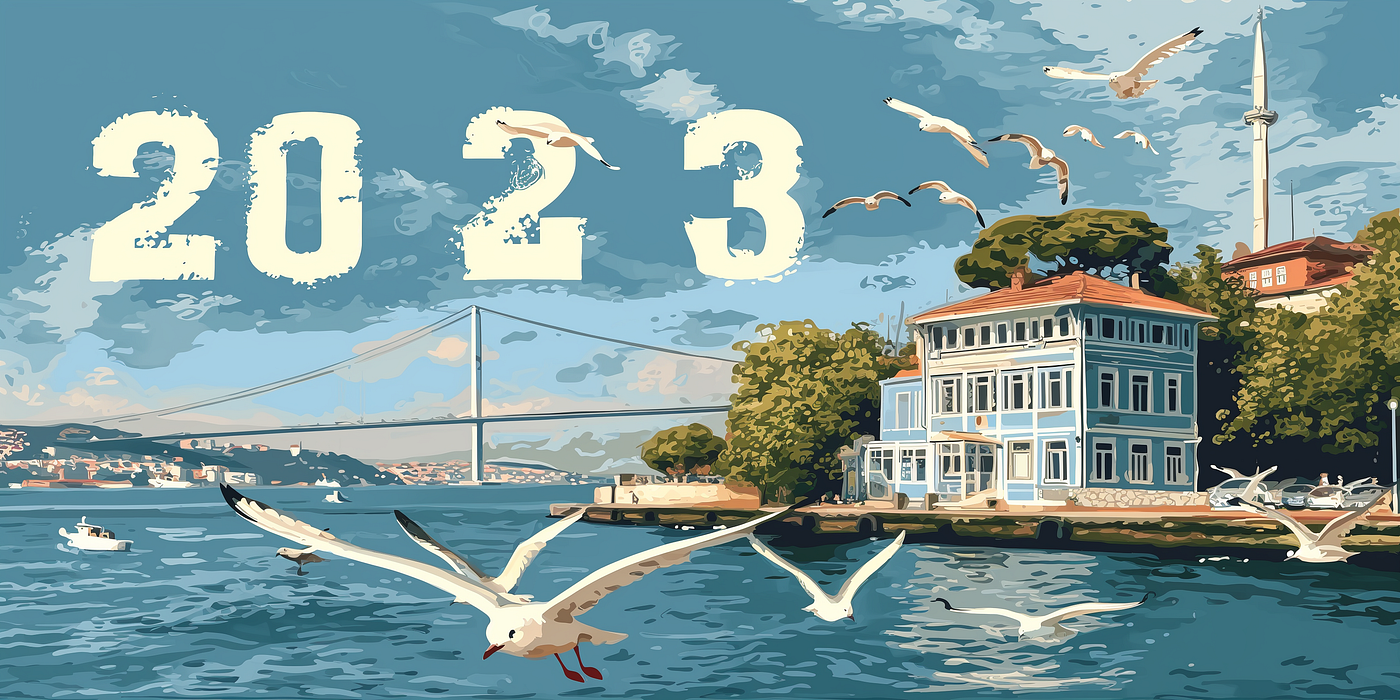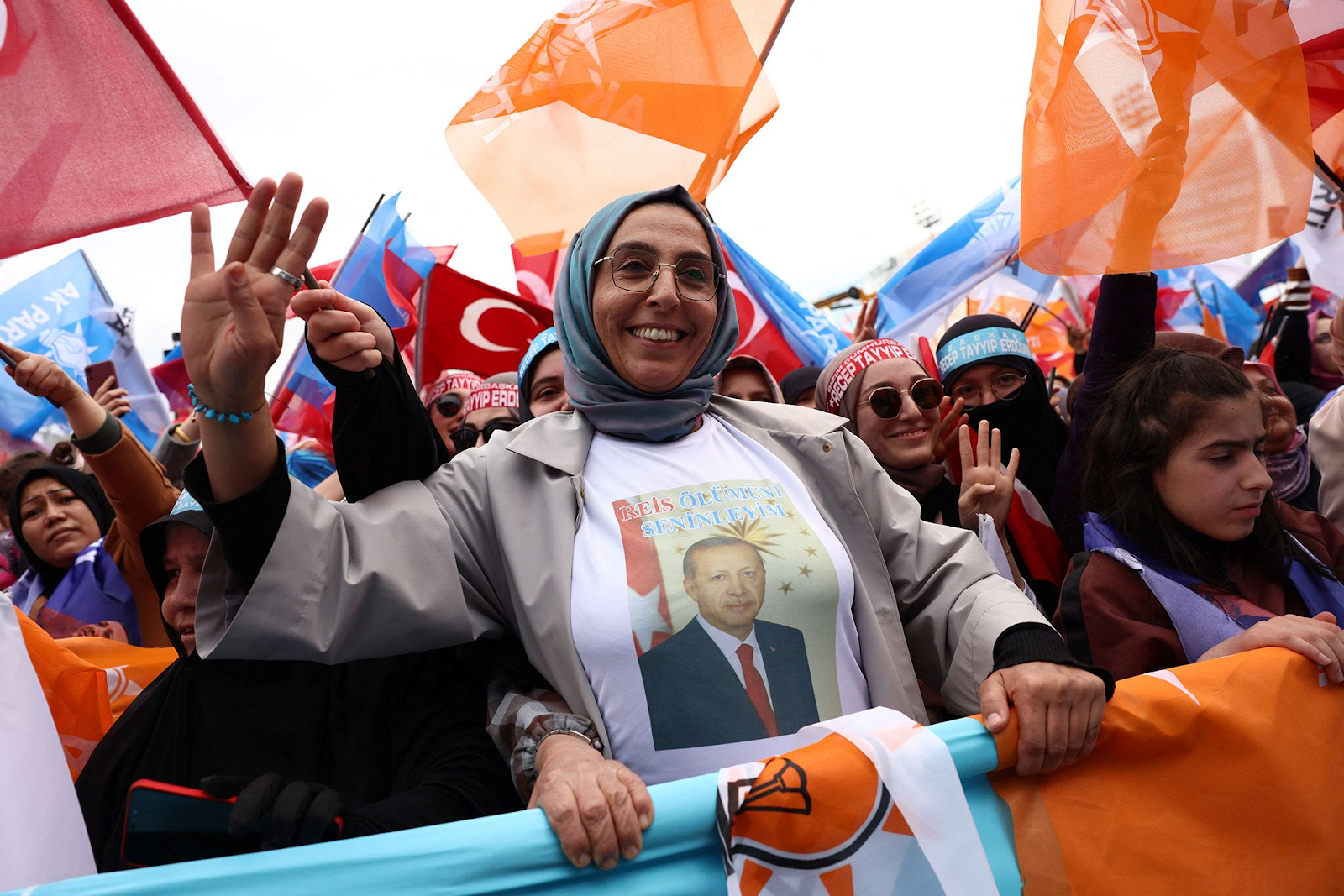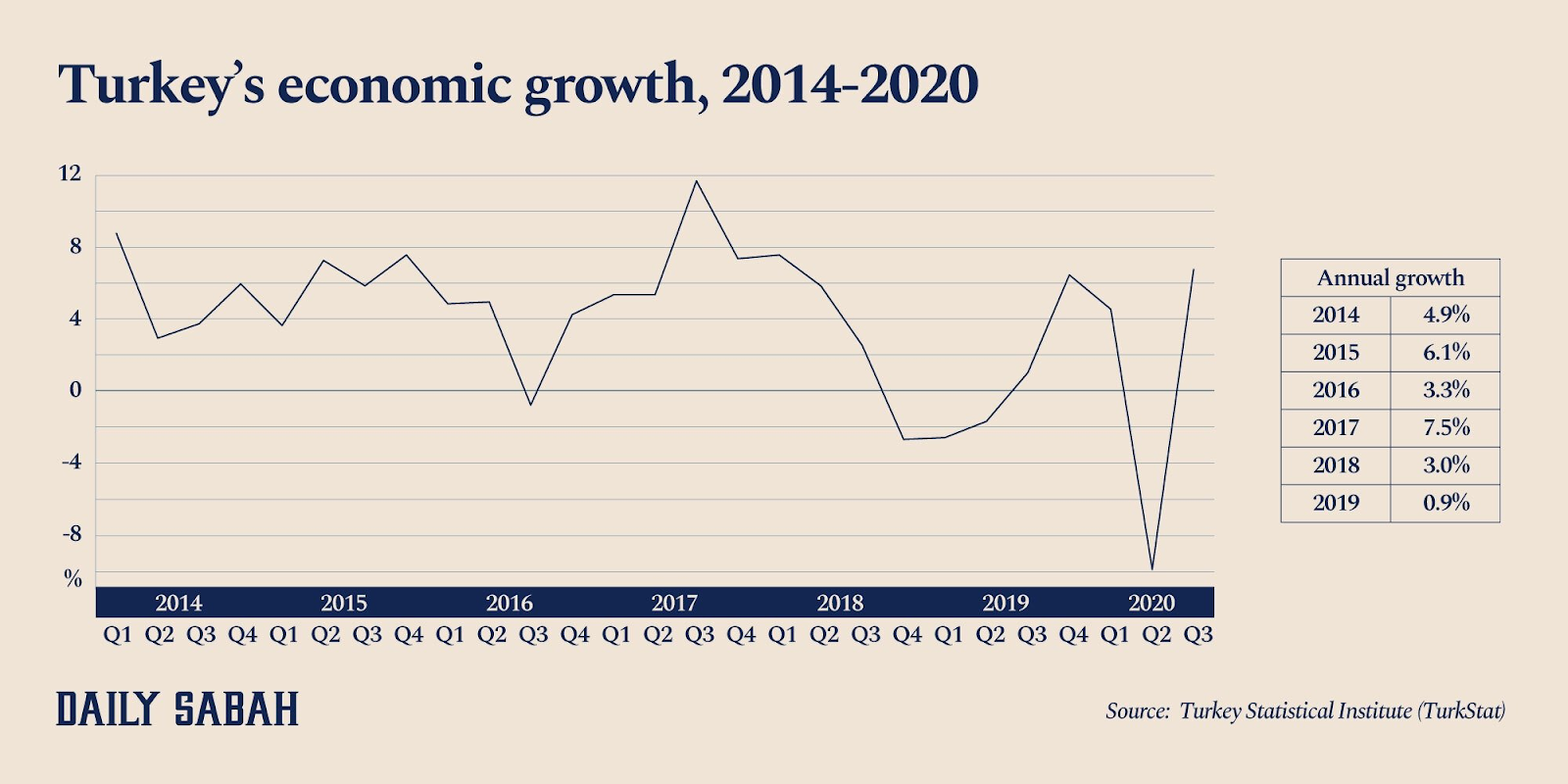Istanbul Biennial: A Global Art Extravaganza
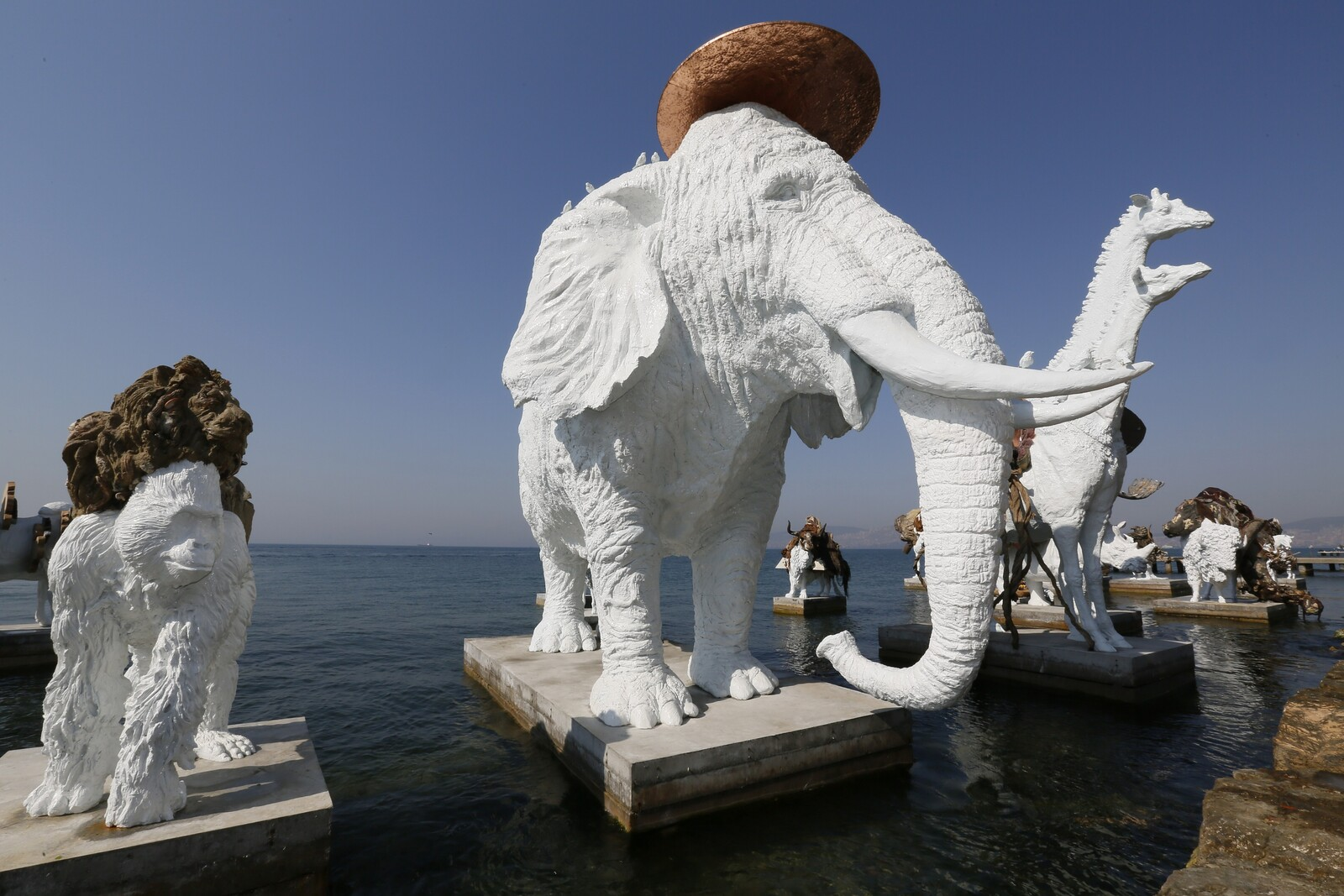
The Istanbul Biennial, one of the world’s most renowned contemporary art events, has been a beacon of cultural dialogue and artistic collaboration since its inception in 1987. However, this year's edition has been marked by internal struggles and leadership transitions, casting a spotlight on issues of transparency and governance within the event's organizing body, the Istanbul Foundation for Culture and Arts (IKSV).
The departure of Iwona Blazwick, a key figure in the art world, and the controversy surrounding her exit have sparked significant debate. Blazwick's departure comes after a contentious decision by the selection committee to recommend German-born Defne Ayas for a curatorial role, a decision that met with resistance from various quarters. This controversy has had a ripple effect, leading to the resignation of several members of IKSV's board of directors, as well as the curator of the Turkish pavilion at the Venice Biennale.
Calls for Transparency in the Art World
Criticism of the selection process focused on a lack of transparency and accountability, with over 80 artists and curators signing an open letter demanding better governance from IKSV. The signatories voiced concerns that the Biennial's decision-making processes were opaque, calling for more inclusion and openness in the selection of curators and participants.
Despite these challenges, the Istanbul Biennial remains steadfast in its mission to promote contemporary art and foster international collaboration. The extension of the Biennial until 2025 offers IKSV a crucial opportunity to implement new regulations aimed at ensuring greater transparency in its processes.
A Focus on Healing and Art’s Role in Society
The next edition of the Istanbul Biennial will explore the theme of loss and trauma, examining how art can play a vital role in addressing these pressing global issues. The event will focus on the consequences of global crises such as the COVID-19 pandemic, conflicts, and environmental challenges, positioning art as a tool for healing and understanding.
Art has long been a medium for addressing social and political issues, and the Istanbul Biennial seeks to continue this tradition. The 2025 edition promises to be a platform for new artistic expressions, bringing together 58 artists from around the world to showcase works that reflect on these difficult yet vital topics. This gathering of international artists aims to strengthen Istanbul’s reputation as a global art hub, fostering dialogue between local and global perspectives.
A New Era for the Istanbul Biennial
As the Istanbul Biennial heads toward its 18th edition in 2025, it finds itself at a crossroads. The debates and controversies of the past year have underscored the need for greater transparency and inclusivity within the art community. However, they have also reaffirmed the Biennial’s importance as a platform for artistic expression and discourse.
By addressing these internal challenges and embracing new management approaches, IKSV hopes to ensure the Biennial’s continued success and relevance in the years to come. The event remains a powerful force for bringing people together, fostering dialogue, and inspiring change through art.
Looking ahead, the Istanbul Biennial is not only poised to present the best of contemporary art but also to engage deeply with the most important issues of our time, encouraging greater integration and collaboration with the international art community.

